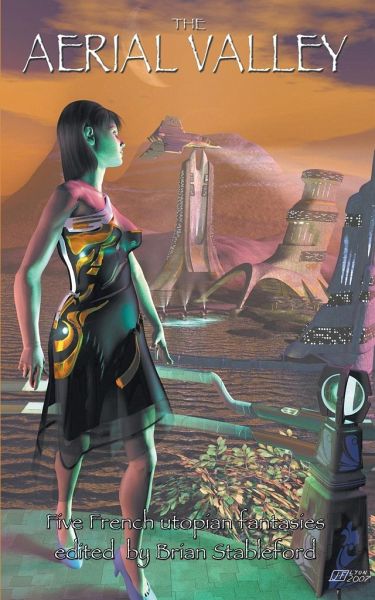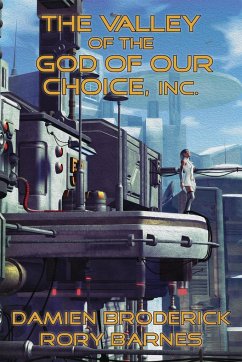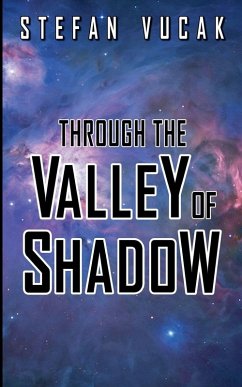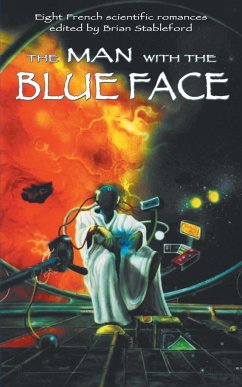
The Aerial Valley
Versandkostenfrei!
Versandfertig in 1-2 Wochen
22,99 €
inkl. MwSt.

PAYBACK Punkte
11 °P sammeln!
Five utopian fantasies: * The Aerial Valley (1810) proves that a utopian society can only maintain stability if it remains technologically limited and isolated from outside influences; it is a sensitive challenge to the philosophy of progress as an instrument of perfectibility. * The Year 2800 (1829) bases its anticipations of future improvement on bold social reforms. * Paris in Dreams (1863) echoes the then-ongoing endeavors of Baron Haussmann, who was busy remodeling the city in accordance with his own utopian design. * Victor Hugo's The Future was the first chapter of the great author's in...
Five utopian fantasies: * The Aerial Valley (1810) proves that a utopian society can only maintain stability if it remains technologically limited and isolated from outside influences; it is a sensitive challenge to the philosophy of progress as an instrument of perfectibility. * The Year 2800 (1829) bases its anticipations of future improvement on bold social reforms. * Paris in Dreams (1863) echoes the then-ongoing endeavors of Baron Haussmann, who was busy remodeling the city in accordance with his own utopian design. * Victor Hugo's The Future was the first chapter of the great author's introduction to a guide-book produced for visitors to the Exposition Universelle of 1867. * Gustave Marx's Love a Thousand Years Hence (1889) is a satire of the glut of utopian accounts of future Paris, being elevated to the capital of a unified Europe.












